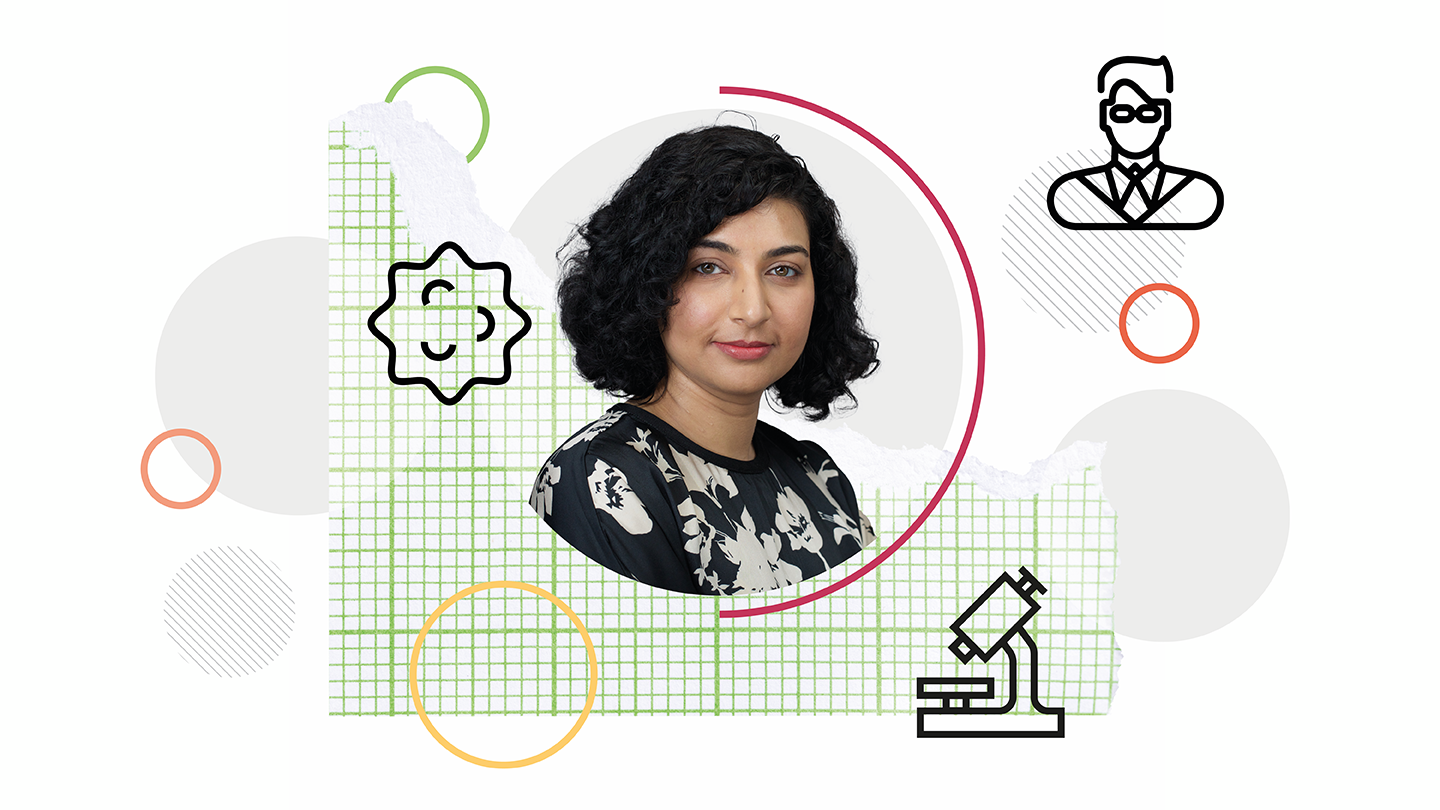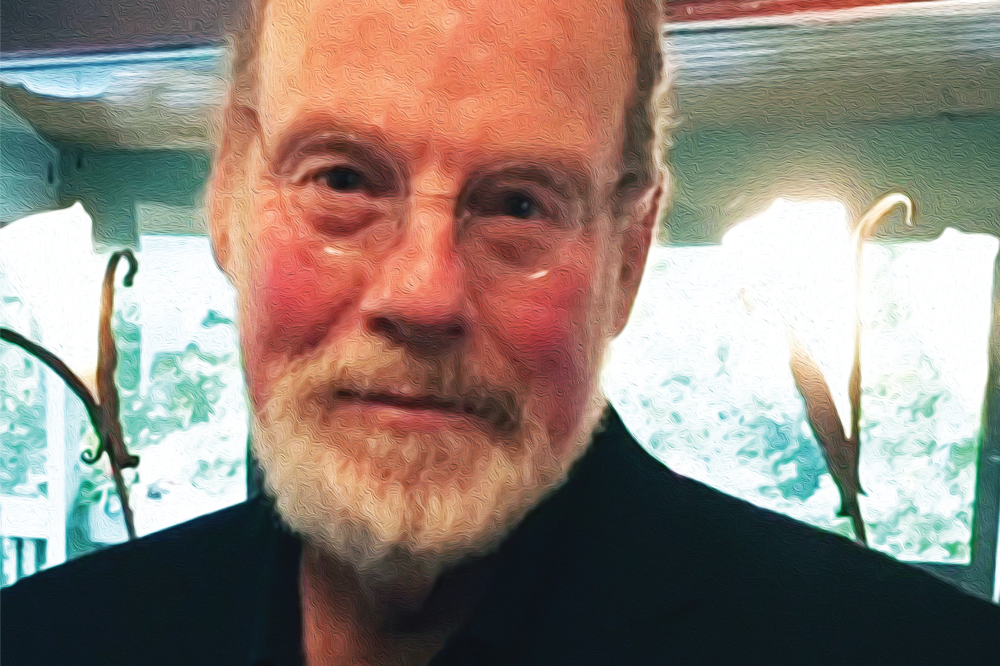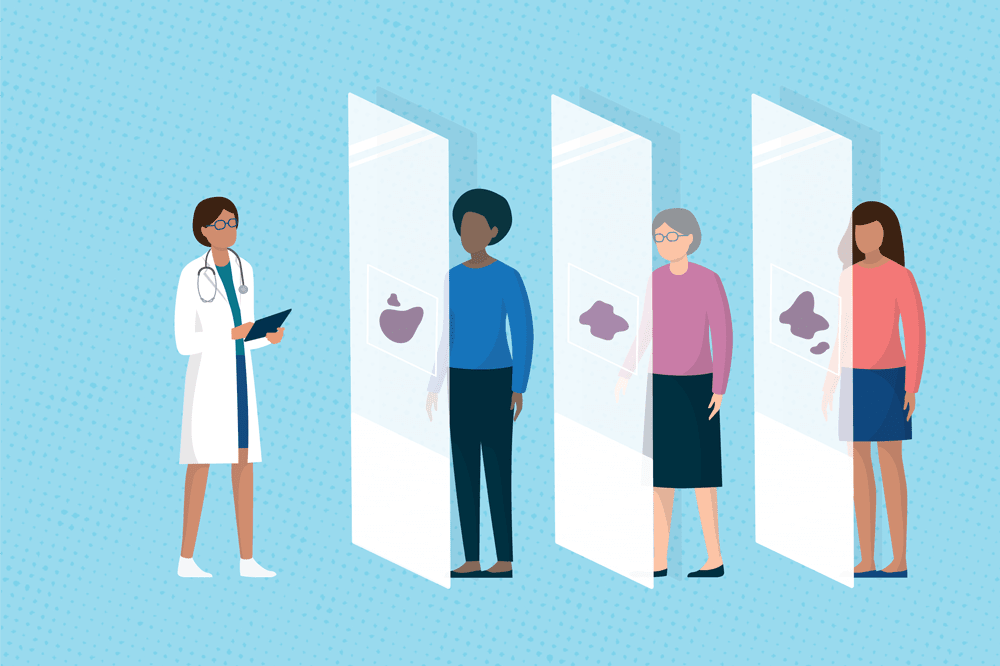Supported by


Tell us about your career path so far
I’m an international medical graduate from India. After completing medical school in Delhi, I then did a three-year pathology residency there. It was similar to a combined anatomic and clinical pathology program in the US, but with a stronger focus on anatomic pathology.
Toward the end of my residency, I started reading international research papers and realized how much more could be done with better resources. That inspired me to pursue further training in the US. After completing my step exams, I started over and completed an anatomic and clinical pathology residency at the Icahn School of Medicine at Mount Sinai in New York.
Having prior residency experience gave me a head start and allowed me to get more involved with the pathology community. I served as chief resident, chaired the College of American Pathologists (CAP) Residents Forum, and am now the immediate past chair. I’m also active on a few CAP committees and had the opportunity to serve on the CAP Board.
I was always interested in surgical pathology, but during residency, I became especially passionate about genitourinary and gynecologic pathology. I worked closely with excellent mentors and collaborated with urologists, which gave me a broader clinical perspective.
I’m currently a PGY-5 fellow in genitourinary pathology at Johns Hopkins and will be completing a gynecologic pathology fellowship next year. Although doing two fellowships is less common today, I genuinely love both fields. There’s overlap between genitourinary and gynecologic pathology, and growing interest in molecular pathology in both, which gives me exciting opportunities to explore further.
What’s your favorite aspect of your work?
One of my favorite parts of being a pathologist is that it combines both science and medicine. It’s not just about diagnosing diseases – it also gives me the opportunity to contribute to patient care, conduct research, and teach. Education is something I really enjoy. It's exciting to be able to teach the next generation, even while still learning during residency. As they say, knowledge is the only thing that grows when you share it.
What’s the hardest part about what you do?
Recently, a friend of mine – also in medicine – joked that it was a rare change when a pathologist gave a benign diagnosis. That really stayed with me, because one of the hardest parts of my work is dealing with bad news.
Even though we don’t deliver diagnoses directly to patients, it's still difficult knowing that most of the genitourinary and gynecologic specimens I handle involve cancer. It can be heartbreaking to see how widespread disease can be.
However, the positive side is that our work gives us opportunities to study these diseases more deeply, discover new biomarkers, and potentially identify new targets for treatment.
Tell us about a memorable experience in your career so far.
One moment that stands out is from when I was a medical student choosing pathology as a career. I attended a tumor board meeting with oncologists, surgeons, radiologists, and a pathologist. During the meeting, they discussed a case of carcinoma of unknown primary – no one knew what was going on. Then the pathologist spoke up, identified the primary site, and recommended a treatment option based on a specific marker.
It was incredibly impressive. I often describe it as being like a general directing an army in the fight against cancer – knowing exactly where and how to strike. That moment helped solidify my decision to pursue pathology.
On a day-to-day basis, one case I’ll never forget involved a kidney tumor in a man in his 50s or 60s. Based on the tumor’s appearance, we suspected Birt-Hogg-Dubé syndrome. Further testing confirmed it, and because of that diagnosis, we were able to inform the family and recommend genetic screening.
That experience reminded me how a single pathology case can impact not just one patient, but an entire family – and sometimes even broader patient populations. It motivates me to approach every case with the bigger picture in mind.
What’s one thing you’d like people to know about what you do?
I want people to understand that pathologists aren’t just reading books or slides. Diagnosing is complex and challenging, and our work requires deep clinical involvement. We play a critical role in patient care, and our impact is much greater than people often realize.
How would you describe pathology in five words or less?
The backbone of medicine.
This Article is included in the Johnson&Johnson Editor's Series on genitourinary pathology.




